May 29, 2025 | 16:26 GMT +7
May 29, 2025 | 16:26 GMT +7
Hotline: 0913.378.918
May 29, 2025 | 16:26 GMT +7
Hotline: 0913.378.918
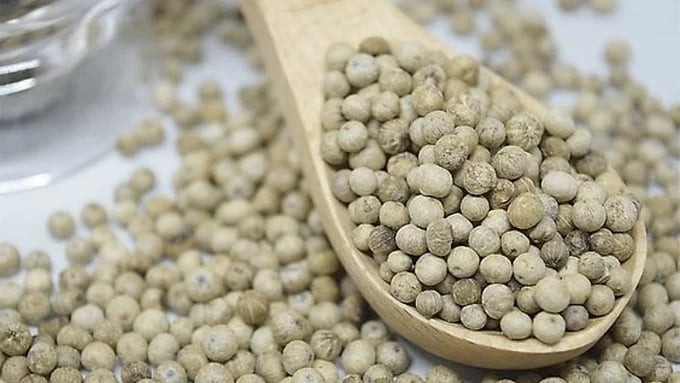
Updated domestic and global pepper prices on 06/11/2024
In the global market, pepper prices surged in several countries.
In Indonesia, the price of Lampung black pepper increased by 12.65% to reach $ 6,451/ton. Meanwhile, the price of Muntok white pepper in Indonesia rose by 11.82% to $ 8,420/ton.
The price of Kuching ASTA black pepper in Malaysia remained stable at $ 4,900/ton, while the ASTA white pepper in Malaysia maintained its price at $ 7,300/ton.
In the Brazilian market, the price of ASTA 570 black pepper increased by 3.53% to $ 8,500/ton.
In Vietnam, the export price of 500 g/l black pepper is trading at $ 6,500/ton, while the 550 g/l variety is holding steady at $ 6,700/ ton. Meanwhile, the export price of white pepper remains stable at $ 9,500/ton.
World pepper prices surged today in Indonesia and Brazil, while other markets remained stable.
PTEXIM Corp noted that strong demand from traditional markets such as China, the Middle East, and the US/EU in the past week has bolstered confidence that black pepper prices will continue to rise in the near future.
However, the planting of new pepper crops has not been significant due to the increased cost of new planting compared to before. Additionally, other agricultural crops such as coffee, cocoa, and durian are yielding better profits than black pepper.
Another factor driving up pepper prices, apart from supply and demand dynamics, is the increasingly expensive maritime transportation.
Last week, major shipping lines based in Taiwan (China) such as Evergreen, Yang Ming, and Wan Hai predicted that congestion at ports in Asia will not ease in the short term, so container shipping rates will remain high until the third quarter of 2024.
Thus, world pepper prices on 06/11/2024 surged in Indonesia and Brazil compared to the previous day.
Domestically, the pepper market on June 11 continued its strong uptrend compared to the previous day.
Specifically, in Dak Lak, prices surged by VND 2,000, with pepper being purchased at VND 170,000/kg;
In Dak Nong, prices rose to VND 171,000/kg, up by VND 3,000;
In Gia Lai, prices increased to VND 168,000/kg, after a rise of VND 2,000;
With an increase of VND 3,000, traders in Dong Nai purchased pepper at VND 168,000/kg;
Prices in Ba Ria - Vung Tau are climbing to VND 169,000/kg, up by VND 4,000;
With a VND 3,000 increase, traders in Binh Phuoc are trading pepper at VND 169,000/kg.
Domestic pepper prices rose by VND 2,000 to VND 4,000 today, easily reaching the threshold of VND 171,000/kg.
The Agency of Foreign Trade (Ministry of Industry and Trade) forecasts that pepper prices will continue to rise in the coming period, albeit at a slower pace. Currently, there is a shortage of pepper supply while demand is recovering strongly from major markets such as Europe, the US, and China. Pepper production in Vietnam and many other major producing countries is projected to decline due to the impact of El Nino and a decrease in cultivated areas.
According to VSPA, prolonged drought conditions have led to a 10% decrease in Vietnam's pepper production this year to around 170,000 tons compared to last year, the lowest level in nearly 5 years. Meanwhile, the carryover stocks from 2023 to 2024 are also at their lowest level in recent years.
In Brazil, some forecasts suggest that the country's production could decrease by 18 to 23%, to around 85,000 to 90,000 tons compared to 110,000 tons in 2023.
In addition to supply and demand factors, the rapid price increase has encouraged speculative activities among agents, exporters, and farmers in the domestic market due to the anticipated significant decrease in raw material supply.
Thus, domestic pepper prices on June 11, 2024, are trading around the range of VND 168,000 to 171,000/kg.
$ 1 = VND 25.192 - Source: Vietcombank
Translated by Hoang Duy

(VAN) Rubber prices on May 28, 2025 are maintaining an upward trend. Domestic latex prices remain stable, trading in the range of VND 397 to VND 462/TSC.
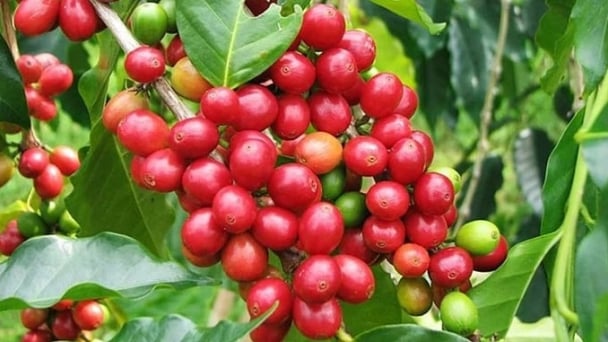
(VAN) Coffee prices on May 28, 2025, show mixed movements. Domestically, prices dropped sharply by VND 1,600, trading at VND 121,700 – VND 122,200/kg.
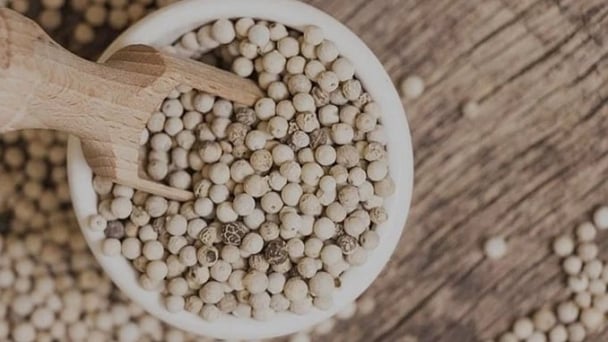
(VAN) Pepper prices on May 28, 2025, remained unchanged globally. Domestic pepper prices have increased by VND 1,500, trading at VND 147,000 – VND 148,000/kg.
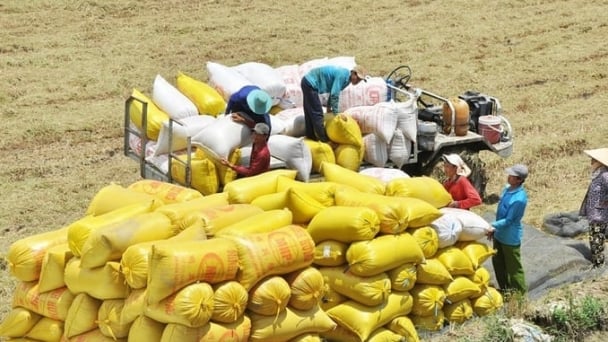
(VAN) Rice prices on May 27, 2025, show no new changes for both paddy and milled rice. Meanwhile, Vietnam’s export rice prices continue to remain flat.
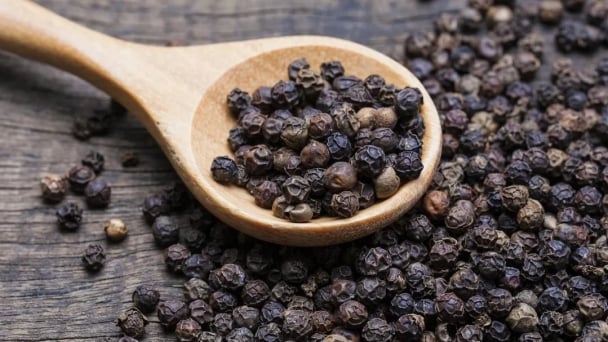
(VAN) Pepper prices on May 27, 2025, recorded a slight increase in Indonesia, while domestic prices remain stable, trading at VND 146,000 to VND 147,000/kg.

(VAN) Rubber prices on May 27, 2025, are fluctuating sharply today. Domestic latex prices continue to trade around the range of VND 397 to VND 462/TSC.
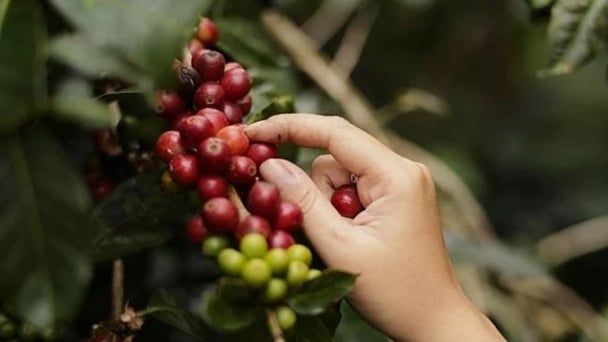
(VAN) Coffee prices on May 27, 2025, continue to remain flat. Domestic coffee market is still trading around the range of VND 122,000 to VND 122,500/kg.